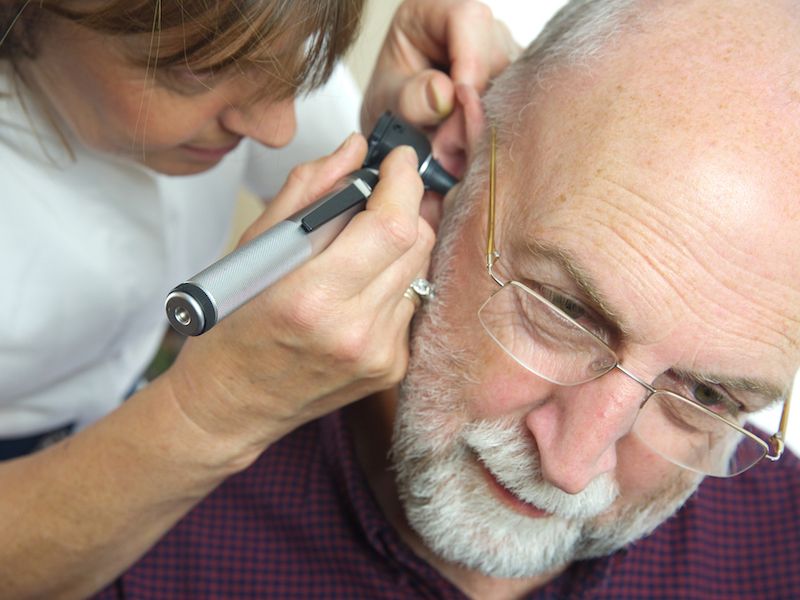
You still go to the eye doctor once a year if you have glasses, right? Because, over time, your eyes can change. The fact is, nothing in your body is static, not your eyes and not, the reality is, your ears aren’t either. That’s why, just as it is with your eyes, it’s necessary to keep getting your ears tested even after you buy a pair of hearing aids.
Unfortunately, many people miss those regular checkups. It’s easy to forget to go in to see your hearing expert because you’ve been busy enjoying life. Or it’s possible that your job has been difficult lately. You may even be so happy with your hearing aids that you simply didn’t feel you need to go back in. That seems like it should be a good thing, right?
Over time, for people suffering from hearing impairment, it is even more relevant to have even one follow-up appointment. Despite that, regular attention is often ignored. According to one survey, only 33% of seniors with hearing aids also used regular hearing services.
Why Do You Need Examinations Once You Get Hearing Aids?
Your hearing is dynamic. Over time it changes. It’s important to modify the hearing aids to counter those changes. Concerns can be recognized early and your hearing aids can be modified accordingly.
It might be a smart idea to get regular hearing exams for other reasons also. Some of the most prevalent reasons to assure you show up to your next examination consist of:
- Calibrating Hearing Aids: There may be need for annual adjustment of your hearing aids because of small changes in your hearing despite the consistency of your overall hearing. Your hearing aids may progressively become less efficient if you neglect this kind of calibration.
- Hearing degeneration: Even if you use a hearing aid, your hearing might keep degenerating. If this deterioration is happening over a long period of time, you most likely won’t realize it’s occurring without the help of a hearing test. Appropriate alterations to your hearing aids can often slow hearing declines.
Besides keeping up with changes in your hearing, it’s important to periodically have an expert cleaning. We can clean all the little components and keep your hearing in top notch conditions and as well as making sure it’s working at peak performance.
If You Don’t Follow up With Routine Examinations There is a Consequence
The greatest concern, here, is that eventually, the hearing aids will stop working the way they’re designed to, so you’ll get aggravated with them and stop wearing them altogether. Wearing hearing aids helps you hear better, without a doubt, but it also impacts your overall health. You might not notice it immediately, but your hearing could deteriorate quicker if you stop wearing your hearing aids. Neglected hearing loss has been connected to several health concerns like mental decline and increased chance of accidents.
When it comes to having your hearing aids operating at an ideal level, regular check ups are your best bet. Annual hearing examinations or screenings can help you make certain your hearing aids are performing in the way they should and that your hearing is safeguarded. So schedule your hearing consultation right away.